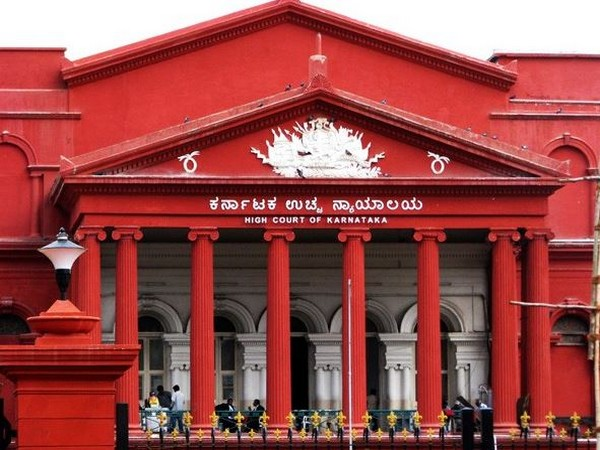Synopsis: In an interview with a local TV channel in Madikeri, before committing suicide, Ganapathy had spoken about the harassment suffered to him by then Home Minister George and two IPS officers.
In a case involving the suicide of police officer MK Ganapathy, the Karnataka High Court recently quashed the criminal proceedings initiated against former Minister KJ George and two IPS officers.
While quashing the order of the special court, Justice John Michael Cunha noted that, because the records do not prima-facie reveal the commission of the offences by the petitioners, the suit brought against them is completely unconstitutional and amounts to abuse of court proceedings, and it deserves to be quashed. Therefore, the order under appeal, dated 28 August, and the entire proceedings pending against them before the special court are declared invalid.
After his son Ganapathy committed suicide in 2016, the father of the deceased, MK Kushalappa, lodged a complaint with the Madikeri police. A case was accordingly registered.
He further alleged that, despite his promotion, the deceased was suffering from depression and that he was not leading a peaceful life.
Regarding the same incident, a complaint was also filed with the Kushalnagar police by the son of the deceased. However, considering the pendency of the case registered by the father of the deceased, the same thing was not registered.
Aggrieved by the failure to record the case, the father filed a private complaint with the Court of Justice. Under Section 156(3) of the Code of Criminal Procedure (CrPC), the Magistrate referred the case for investigation and, accordingly, a FIR was registered at the Madikeri Police Station. DG and IGP, Karnataka, have entrusted that CID will investigate the matter.
In the meantime, before the High Court, the father and one of the brothers of the deceased filed a petition seeking directions to entrust the said investigation to the Central Bureau of Investigation (CBI). The Court, however dismissed the plea. The High Court also rejected an appeal that was made against the order of the Single Judge.
The deceased’s father and brother then approached the Supreme Court alleging that they apprehended foul play in the matter and that it could be a murder case.

It was submitted to the Apex Court that in an interview with a local TV channel in Madikeri, before committing suicide, Ganapathy had spoken about the abuse inflicted on him by then Home Minister George and two IPS officers. The Supreme Court directed that the inquiry be handed over to the CBI.
The CBI reported statements of 108 witnesses, including the family members of the deceased, his colleagues and various witnesses, during the course of its investigation.
The CBI felt that due to various family issues, the deceased was depressed and was taking medication for the same. On the basis of the above, the CBI concluded that there was no foul play in the death of Ganapathy.
Accordingly, under Section 173 of the CrPC, the agency filed a closure report. The Special Court rejected the ‘B Summary’ report submitted by the CBI and took cognizance of the alleged offence, punishable under Section 306 read with Section 34 of IPC, on 28th August.
The petitioners, aggrieved by this, approached the High Court to quash the order of 28 August.
In dismissing the final report submitted by the CBI, Senior Advocate BV Acharya, as well as other senior counsel appearing for the petitioners, raised a preliminary objection as to the correctness of the procedure followed by the Special Court.
It was also argued that the reasoning assigned to differentiate between the Special Court and the view taken by the CBI was perverse and was not based on evidence collected by the investigating agency.
As regards the correctness of the procedure followed by the rejection of the final report by the Special Court, the Court did not agree with the petitioner’s submission and was of the opinion that there was no irregularity in the procedure.
However, while going through the merits of the case, the Court found that even if the evidence gathered by the investigating agency is fully accepted, the petitioners do not disclose ‘mens rea/instigation/conspiracy’.
The evidence gathered by the investigating agency, even if accepted in its entirety, does not disclose mens rea, or the petitioners’ instigation or conspiracy to disclose the ingredients of the offence pursuant to section 306 r/w 34 IPC. There was absolutely no reason or justification for the Special Court to dismiss the well-founded report submitted by the CBI and to take cognizance of the alleged offence and issue infringement notices to the petitioners in the absence of any material to identify the ingredients of the above-mentioned offence.
The Court averred on the point of the interview given by Ganapathy before his death that, although he had named a large number of cases investigated by him in the long interview, a reading of the transcript showed that he was mentally disturbed.
The Court held that the Special Judge’s observation that there was no prima facie case to demonstrate that the deceased suffered from any mental depression was nothing but perverse and ignoring the obvious in the light of the overwhelming evidence.

